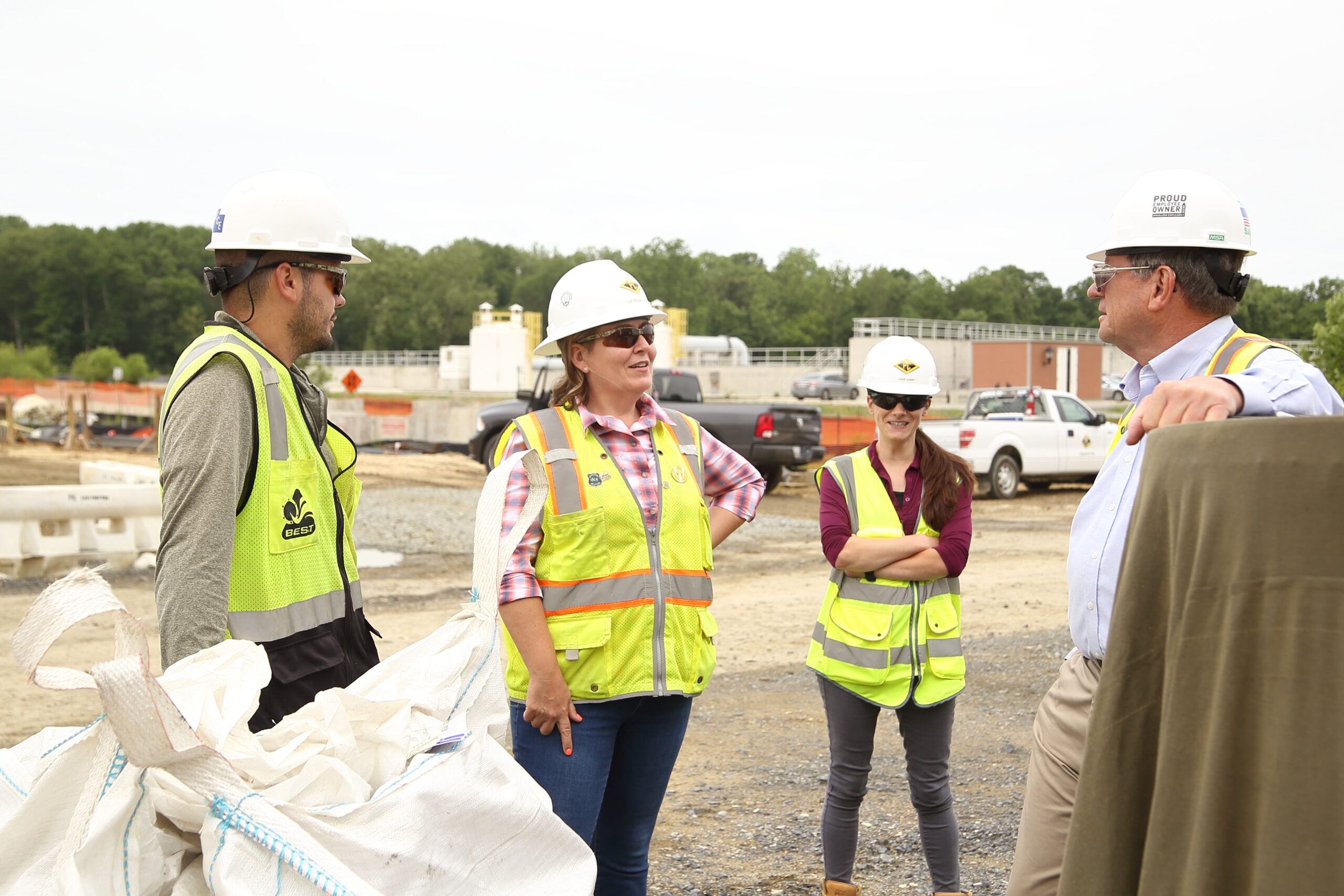
Interesting Information about Estimators
- Bridge to the Bluegrass: Estimators in Kentucky play a critical role in the state’s infrastructure projects, particularly in designing and refurbishing the many bridges that span Kentucky’s numerous rivers. These professionals help ensure that iconic structures like the John A. Roebling Suspension Bridge in Northern Kentucky are accurately budgeted, enabling these historic landmarks to stand the test of time.
- From Derby Dreams to Reality: Many estimators in Kentucky have worked on projects related to the state’s famous horse racing industry, such as renovating or expanding facilities at Churchill Downs. Estimators get a behind-the-scenes look at what it takes to create the world-class venues that host events like the Kentucky Derby, blending the thrill of sports with the precision of construction planning.
- Balancing Tradition with Innovation: Kentucky’s blend of historic architecture and modern construction offers estimators a unique challenge. Whether working on preserving a centuries-old bourbon distillery or planning a cutting-edge commercial development in Louisville, estimators often find themselves balancing the state’s rich history with its push towards future growth, making their work both challenging and exciting.
What is an Estimator?
The estimator’s job is important in every construction firm. Every type of project requires an accurate and comprehensive estimate of the amounts of materials, equipment, and labor necessary for the construction of the project. Estimators work with the engineer’s and architect’s drawings or blueprints to prepare a complete list of all job costs, including labor, material, equipment, and specialty items necessary to complete the project. Knowledge of construction techniques and proper scheduling of purchases and work are essential skills. Estimator work is generally in the office, but some field coordination is often required. Estimators may be subject to considerable stress in the days and hours before an estimate or bid is submitted, so the ability to work accurately and quickly under pressure is needed.
Education and Training
An estimator needs a good background in mathematics including algebra and geometry, drafting, blueprint reading, and English. Neatness and accuracy are important. Most estimators combine junior or community college courses in construction and engineering technology with on-the-job training to acquire needed skills. With the increasing use of computerized estimating systems, computer literacy is becoming another much-needed skill. College, although not a definite requirement, should be considered for early advancement.
Advancement Potential
The estimator’s familiarity with the plans, specifications, and materials of a construction job provides excellent preparation for a position as project manager. Indeed, the owners and officers of many construction businesses received their initial industry experience as estimators.
